Navigating the complexities of automotive health can often be as intricate as the vehicles we rely on. Through extensive research and analysis in the field of car repair, I've uncovered some of the most unexpected yet common causes of car engine failure. This deep dive into the lesser-known culprits offers a valuable perspective for any car owner.
Overheating: The Silent Engine Killer
Cooling System Deception
When it comes to engine health, overheating is the equivalent of a cardiac arrest. While a low coolant level is a well-known culprit, the real deception lies deeper. Issues such as clogged coolant passages or failing radiators are often the hidden assassins of engine health.
The Unseen Threat
In-depth studies show that overheating can occur due to reasons as simple as a malfunctioning radiator cap or as complex as internal corrosion. These problems can exist silently, evading detection during routine checks.
Prevention Tips:
- Regularly inspect the entire cooling system, including the radiator, thermostat, and water pump.
- Replace coolant fluids as recommended and watch out for signs of corrosion or leakage.
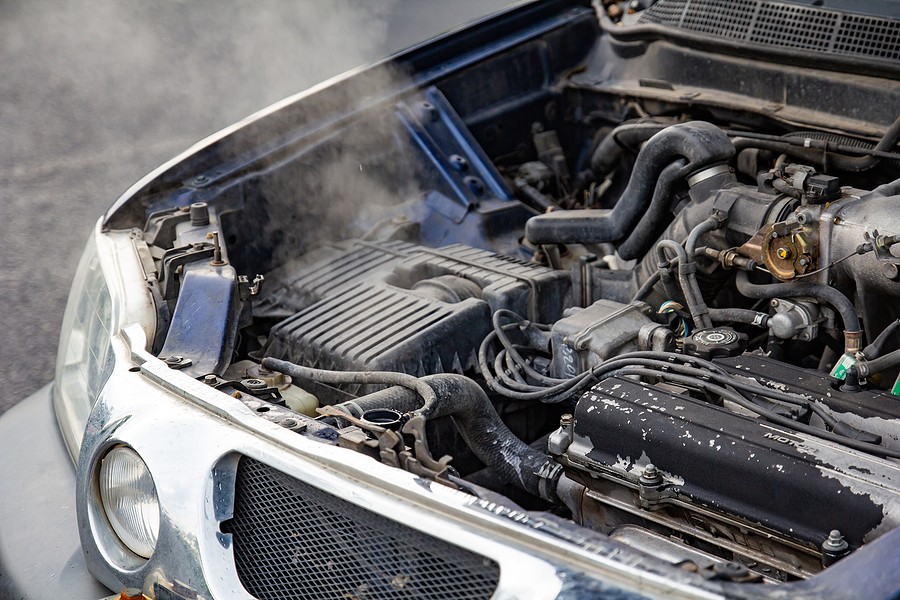
Oil Sludge: The Engine Chokehold
The accumulation of oil sludge is akin to a clog in the arteries. Engines, even with regular oil changes, can fall victim to this. The issue often lies not in the frequency of oil changes but in the quality of oil and the engine's operating conditions.
A Creeping Danger
Investigations into engine failures often reveal a buildup of sludge, particularly in vehicles that predominantly make short trips. These conditions prevent the engine from reaching temperatures high enough to evaporate harmful contaminants.
Prevention Tips:
- Opt for high-quality, manufacturer-recommended oil.
- Regularly drive your vehicle for longer distances to allow the engine to reach optimal operating temperatures.
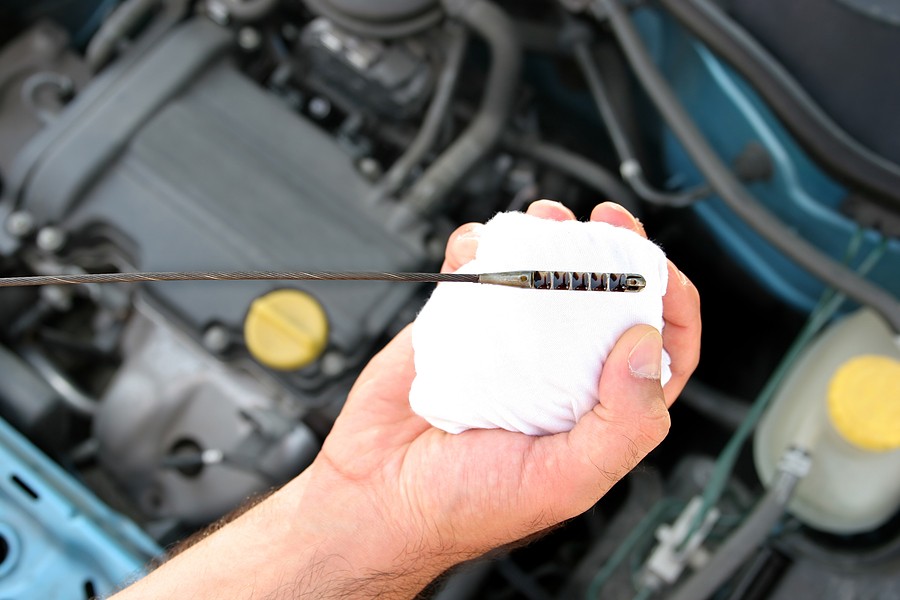
The Overlooked Timing Belt
The timing belt is a critical yet often overlooked component. Its failure, though seemingly innocuous, can lead to sudden and severe engine damage.
The Silent Timekeeper
Research indicates that timing belt failures account for a significant percentage of engine breakdowns. The issue often stems from a lack of awareness among vehicle owners about the belt's lifespan and maintenance schedule.
Prevention Tips:
- Adhere to your vehicle’s maintenance schedule for timing belt inspections and replacements.
- Be proactive about checking for wear and tear, especially in older or high-mileage vehicles.
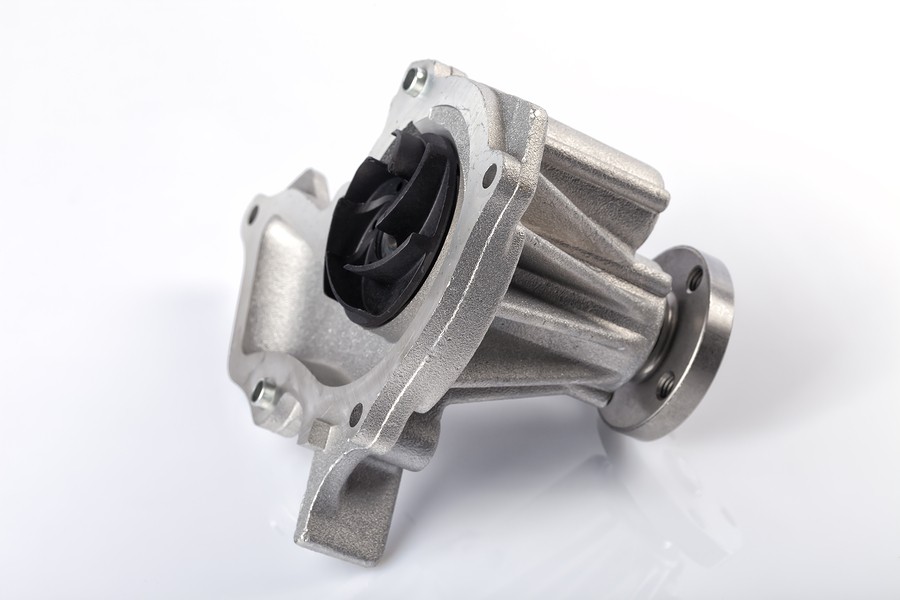
Water Pump Woes
The water pump, a vital component in regulating engine temperature, can fail without obvious symptoms. Such failures often lead to catastrophic engine overheating.
The Hidden Breakdown
Case studies reveal that water pump failures, often due to bearing wear or seal deterioration, can go unnoticed during routine maintenance, leading to significant engine damage over time.
Prevention Tips:
- Conduct detailed inspections of the water pump at regular intervals.
- Look for subtle signs like minor coolant leaks or unusual noises.
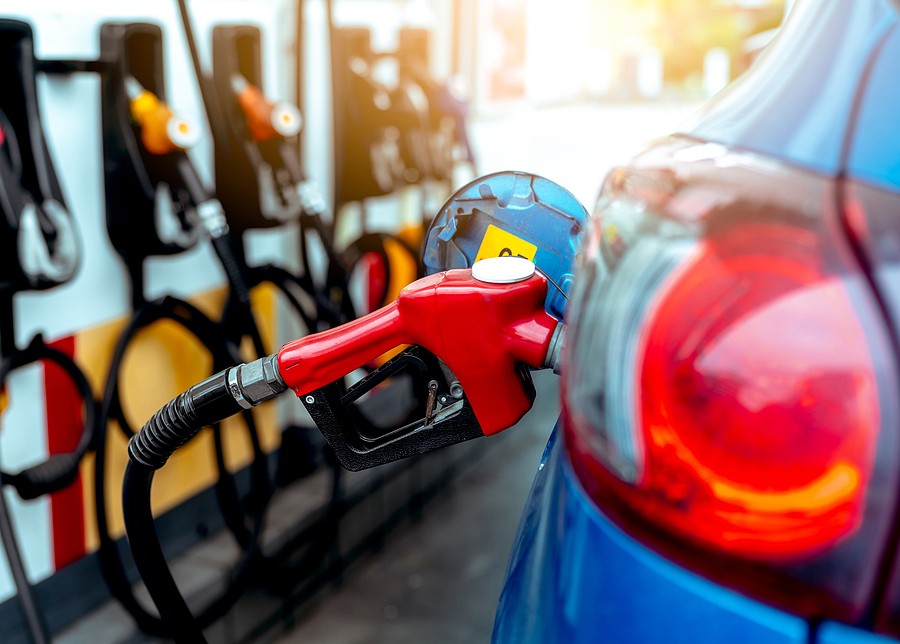
Fuel Quality Fiasco
Fuel quality plays a crucial role in engine performance. The use of low-quality or incorrect fuel can slowly degrade engine integrity, leading to failure.
The Fuel Trap
Extensive research has demonstrated a direct correlation between fuel quality and engine health. Engines are particularly susceptible to damage from contaminants found in low-quality fuel.
Prevention Tips:
- Always use the recommended fuel type for your vehicle.
- Consider using fuel additives that help clean and protect the engine.
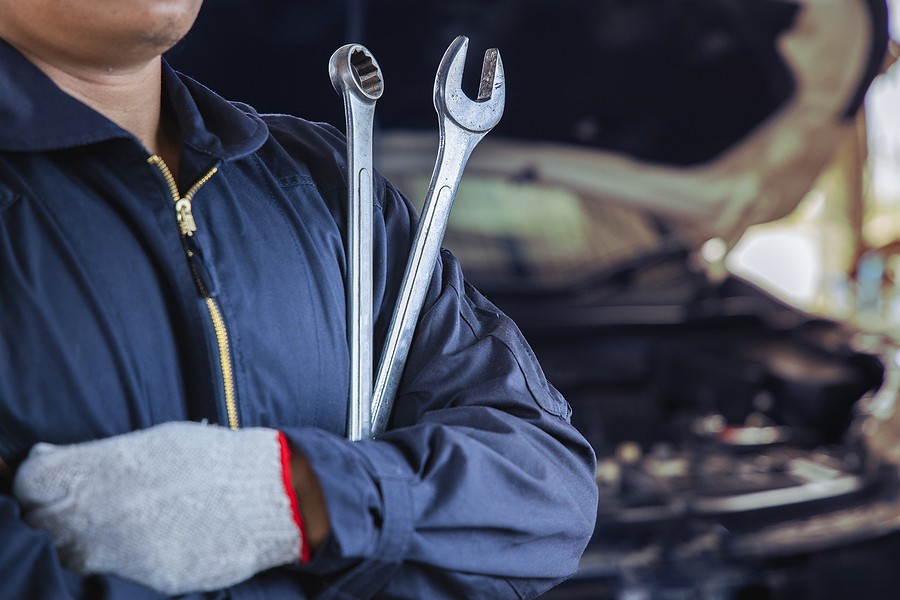
Conclusion
In the intricate world of car engines, awareness and proactive maintenance are key to prevention. Understanding these unexpected causes of engine failure empowers car owners to make informed decisions, ensuring the longevity and health of their vehicles.

Author's Note
As an expert in car repair research, my aim is to provide insights that help car owners navigate the often complex world of automotive maintenance. Knowledge is your first line of defense against engine failures. Stay informed, stay vigilant, and remember, the health of your car's engine is in your hands.



